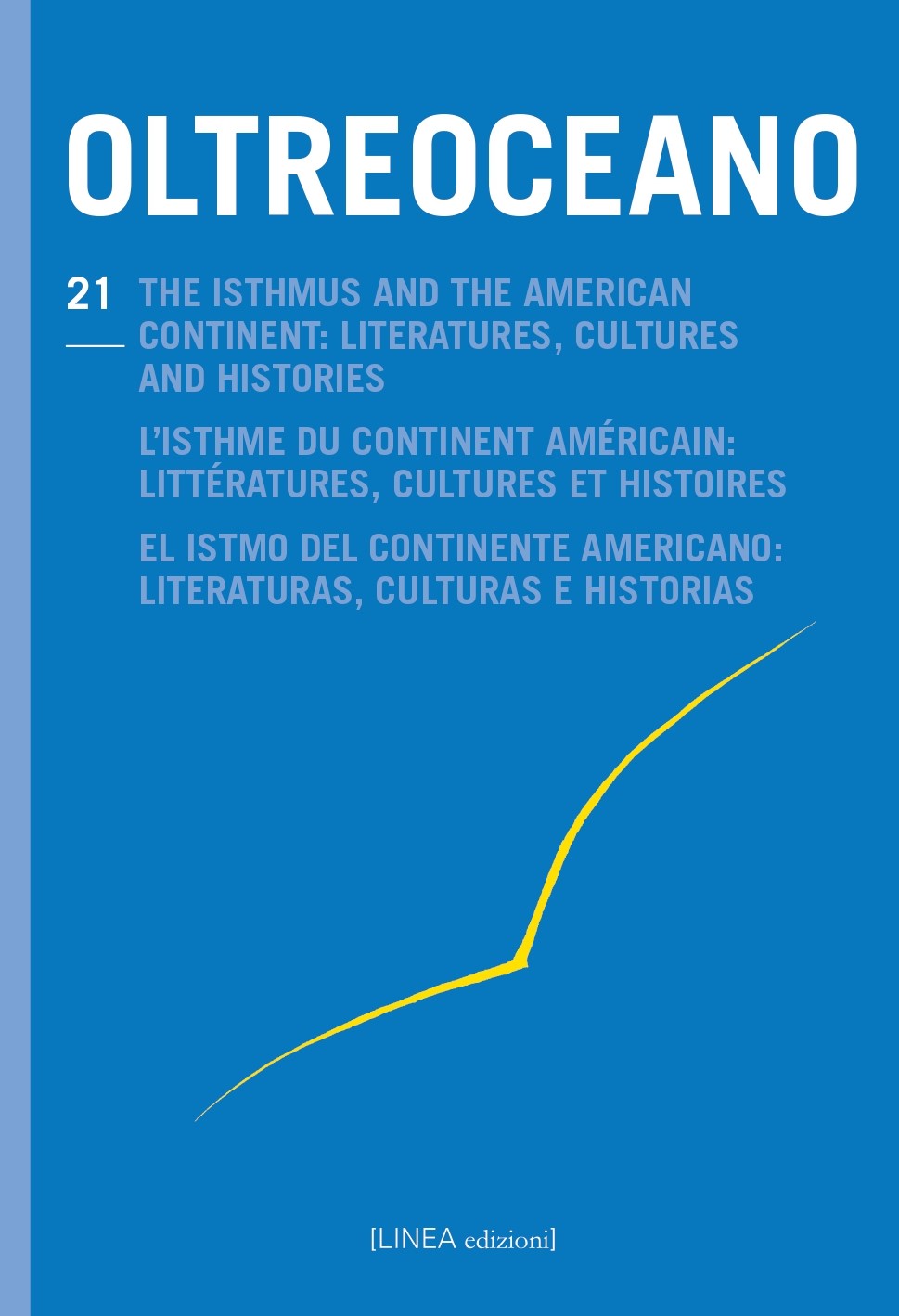Famn d’Ayiti. Haitian Women’s Music in Diaspora
DOI:
https://doi.org/10.53154/Oltreoceano62Keywords:
Haitian Music, Martha Jean-Claude, Toto Bissainthe, Mélissa Laveaux, Nathalie JoachimAbstract
Music has always been one of the most prolific means of intercultural understanding. In the diasporic context, it also allows for the construction and reinforcement of a social and identity space where any immigrant can easily (re)find the connections with his/her native country. This article observes the connecting role of Haitian music between Haitians “inside” (in Haiti) and “outside” (in the diaspora), but also between the diasporic community and the host country (France, the United States and Canada), through the study of the artistic paths of Martha Jean-Claude, Toto Bissainthe, Mélissa Laveaux and Nathalie Joachim. For these singers of Haitian origin, music proves to be a resource of militancy, of identity and collective resistance against the demonization of Haiti, but also a form of dialogue with other cultures of the American continent. The analysis of the various effects of musical hybridization brought to the traditional repertoire, which allowed them to reach an international audience, demonstrates their capacity to adapt to the different contexts of dissemination, but also to establish unprecedented cross-cultural points of convergence.
Downloads
References
Averill, G. (1994): Anraje to Angaje: Carnival Politics and Music in Haiti. Ethnomusicology, 38, 2, pp. 217-247.
Bayard, O. (1925): Haïti Chérie. Tiré de https://en.wikipedia.org/wiki/Ha%C3%AFti_Ch%C3%A9rie (Consulté le 23/07/2022).
Bissainthe, T. (1977): Toto Bissainthe chante Haïti. Arion.
Dash, M. J. (1981): Literature and Ideology in Haiti, 1915-1961. London: Palgrave Macmillan.
Dauphin, C. (2014): Histoire du style musical d’Haïti. Montréal: Mémoire d’encrier.
Golden, D. (2018): Staging the Nation through Art Music of the Haitian Diaspora. Journal of Haitian Studies, 24, 2, pp. 37-84.
Jean-Claude, M. (195*): Canciones de Haití. GEMA (L.P.G.).
Joachim, N. (2019): Fanm d’Ayiti. New Amsterdam Records.
Largey, M. (2004): Ethnographic Transcription and Music Ideology in Haiti: The Music of Werner A. Jaegerhuber. Latin American Music Review / Revista de Música Latinoamericana, 25, 1, pp. 1-31.
Laveaux, M. (2018): Radyo Siwèl. No Format!
Lidskog, R. (2016): The role of music in ethnic identity formation in diaspora: a research review. International Social Science Journal, 66, 219-220, pp. 22-38.
Mélyon-Reinette, S. (2009): Haïtiens à New York City. Entre Amérique Noire et Amérique multiculturelle. Paris: L’Harmattan.
Richeux, M. (2018): Interview à Mélissa Laveaux. Par les temps qui courent. Radio France.
YSC MAG (2022, spring/summer): Defying Genre: A Conversation with Musician-Composer Nathalie Joachim. YSC MAG, pp. 17-21.
Downloads
Published
How to Cite
Issue
Section
License

This work is licensed under a Creative Commons Attribution-NonCommercial-ShareAlike 4.0 International License.
The authors undertake to comply with the following conditions, which are considered accepted at the time of submission of their contributions.
The sending of a text implies that it is unpublished and not submitted to be published elsewhere.
1. If accepted, the author shall confer on the publisher the right to publish and distribute it both in paper form and in the online electronic edition. The published articles will be downloadable and made available in open access.
2. Provided that it correctly indicates that the first publication took place in the journal Oltreoceano. Rivista sulle migrazioni the author has the right to: a) reproduce the article in separate extracts or collected in a volume; b) publish the article on their personal website or teaching site provided that these sites are of a non-commercial nature; c) deposit the article in online archives of a non-commercial nature, linked to the institution they belong to or as part of projects for the non-commercial dissemination and open access of scientific works.
The use of contributions by third parties, for commercial or otherwise unauthorized purposes, is not allowed. The publisher declines all responsibility for the unauthorized use of the material published in the journal.












